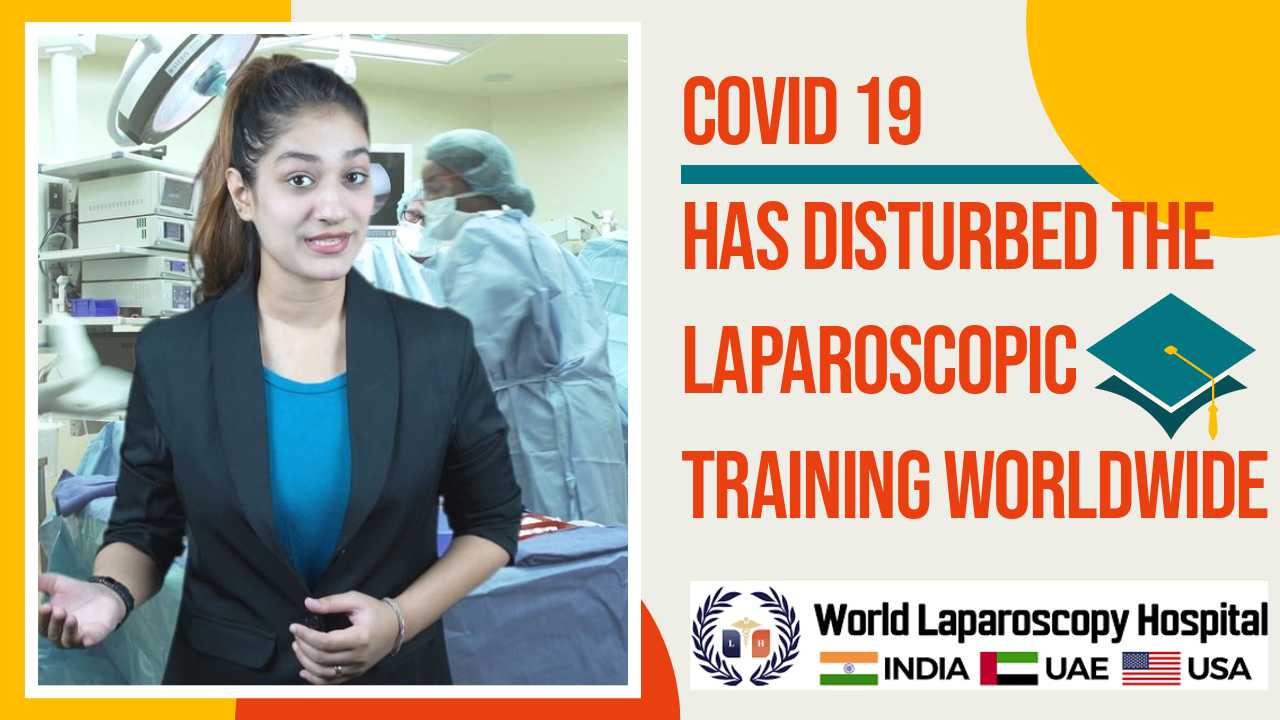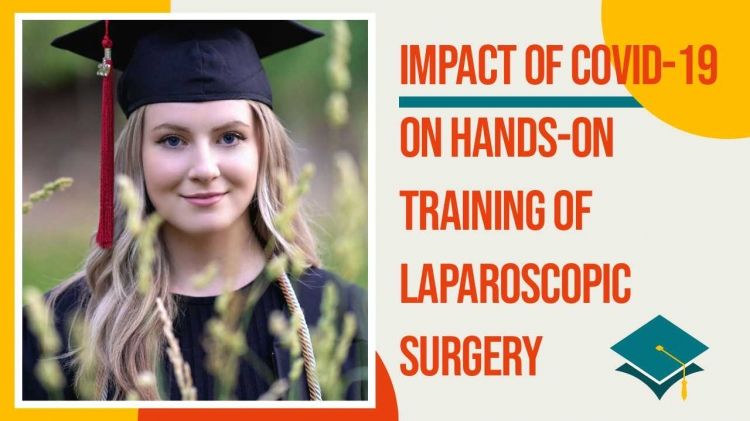Medical students interested in learning minimal access surgery perceive the COVID-19 pandemic as harming their education, due to a reduction in clinical exposure. Actions need to be required to make certain that laparoscopic surgeons and gynecologists are properly planned for fellowship and independent practice despite the substantially decreased situation quantities throughout this pandemic.

Laparoscopic surgery training programs need to concentrate on providing nontechnical clinical training and expert advancement during this time around. When current optional laparoscopic surgery restrictions are raised, a factor to consider must be given to suspending the existing 'efficiency' model in favor of making sure that trainees are proctored via these cases to fix the accumulated training deficit aggravated by the pandemic. This might aid to alleviate the impacts of the pandemic and ensure the continued education program of the top-quality trainees for which our training programs are internationally renowned.
There are several advantages of training at World Laparoscopy Hospital, some of which include:
-
Expert Faculty: The institute is headed by Prof. Dr. R.K. Mishra, who is an expert in laparoscopic and robotic surgery. He is an acclaimed trainer and has trained more than 11,000 surgeons, urologists, pediatric surgeons, and gynecologists from over 138 countries.
-
International Recognition: The laparoscopic courses offered by the hospital are recognized by various international organizations, including WALS and ICRS, and endorsed by universities.
-
State-of-the-art facilities: World Laparoscopy Hospital has modern facilities with advanced laparoscopic and robotic equipment. The hospital is the only institute in the world that provides free exposure to high-definition four-arm da Vinci surgical robots during its training program.
-
Hands-on training: The laparoscopic courses offered by the hospital provide hands-on training to doctors, which is crucial for their career growth.
-
Small class sizes: The institute maintains small class sizes, which allows for a variety of teaching methods other than large group didactics, such as small group sessions, clinical case discussions, simulations, and hands-on laboratory and patient experience.
-
Accommodation: The hospital has hostel accommodation available for trainee doctors at a nominal cost, ensuring a comfortable stay during the training period.
-
Clinical Experience: The hospital provides participants with the opportunity to observe and participate in clinical practice, providing clinical experience in the most current methods and minimal access technologies of treatment.
Overall, training at World Laparoscopy Hospital provides doctors with a unique opportunity to learn from one of the world's leading laparoscopic surgeons and gain hands-on experience with the latest laparoscopic and robotic technologies.
We strongly believe that the job of a minimal access surgeon is mainly professional and also skill development and both of these elements were highly damaged by the COVID-19 pandemic. The existing situation will not be sustainable for a lot more time and we require to be prepared with specific programs in case of another pandemic takes place. The World Association of Laparoscopic Surgeons has started many online webinars to fill this gap. We have also tried to invite top-class clinical articles from surgeons all over World to make WJOLS more interesting in this covid 19 era. We strove to improve and also promote among surgeons all sorts of self-education material, from webinars to video-based education and learning, consisting of pelvic-trainer simulation.